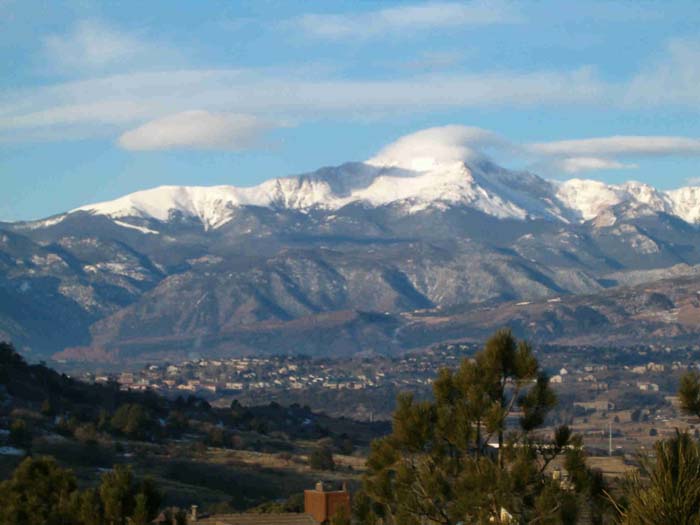Psalm 81
1. Psalm 81 was used as a celebration of one of the appointed feasts. Most scholars think it was written for the Feast of Tabernacles (or Booths). It is a call, written from God’s perspective (verses 6-16), asking the people to worship and obey.
2. The first section of the psalm (verses 1-5) is a reminder of the feast the people are involved in. Verses 1-3 ask the people to sing and play their instruments in honor of God through this feast.
3. Verse 4 and the beginning of verse 5 simply remind the people that God gave the command for this feast to be observed. While the people were there for the feast, these words would have reminded them for the real purpose: to obey God.
4. The end of verse 5 transitions into the section written as though they are God’s message for those at this feast. The words are written in the first person with God as the speaker.
5. The speech begins with God reminding the people of their bondage in Egypt. They had to carry bricks and clay in baskets to build the pyramids and other projects, but God rescued His people from that oppression (verses 6 and 7).
6. Verses 8-10 rehearse the words God gave at Mount Sinai. God reminds the people that He rescued them, and they are to put nothing before Him. They were to go into the Promised Land, and there would be foreign nations with strange gods. Nothing, however, was to be put before Him.
7. “But My people did not listen to My voice, and Israel did not obey Me” (verse 11). How sad it must have been for God to have to remind His chosen people of their grave mistake.
8. Verse 12 reminds us all that God will punish those who sin. It hurts God to punish, because He wants to bless His people. He simply wants everyone to listen and obey (verse 13).
9. God had promised His people, and this psalm reminds them, that He is powerful and would remove their enemies, but only if they obeyed Him (verse 14).
10. The words that conclude the psalm remind us all that, when God blesses, He gives the very best. He promises not just to feed the people, but to give them the finest grain. He also uses the imagery of honey again, showing that He would sustain them (verse 16).


